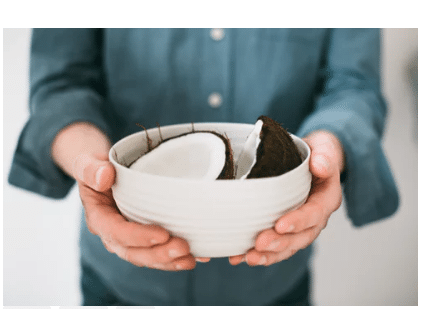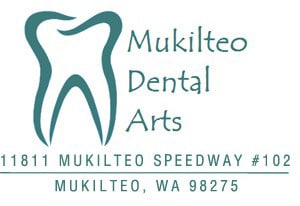
What Is Oil Pulling?
Oil pulling is a form of Ayurvedic medicine that originated in India. Basically, the idea is to rinse your mouth using some form of oil, such as coconut oil. Because of oil’s viscous quality, it supposedly helps loosen bacteria especially in hard-to-reach areas.
Does Oil Pulling Work?
Some people claim oil pulling has cured teeth that might otherwise need root canals. Their oral surgeons were astonished that previous signs of tooth rot had vanished. While we believe oil pulling may have positive effects, we are naturally wary of such claims.
Admittingly, preliminary studies do show that the method might indeed reduce plaque. However, no studies suggest oil pulling is a cure-all that reverses dental caries, root canal procedures, or dental pockets.
How to Oil Pull
Our family dentists are okay with oil pulling as long as patients realize it’s not a substitute other forms of dental hygiene. It’s not a replacement for brushing, flossing, and definitely not for visiting an endodontist in an emergency. If you decide to give it a try, do the following:
- Use a natural oil, such as coconut or olive oil
- Oil pull first thing in the morning for 15-20 minutes
- Oil pull two to five times a week
- When you finish, spit out the oil in a cup or trash. Do not spit in the sink or toilet because the oil will congeal inside the plumbing. Do not swallow the oil either.
You Must Still See a Dentist
Oil pulling is acceptable as part of your oral hygiene. We must stress again, however, that it’s not a replacement for seeing a dentist. For complete care, make regular appointments with Mukilteo Dental Arts. Oil pulling is an addition and never a substitute.
Local Mukilteo Dentistry
General family dentistry for Mukilteo, Everett, Lynnwood, Edmonds & Mill Creek
